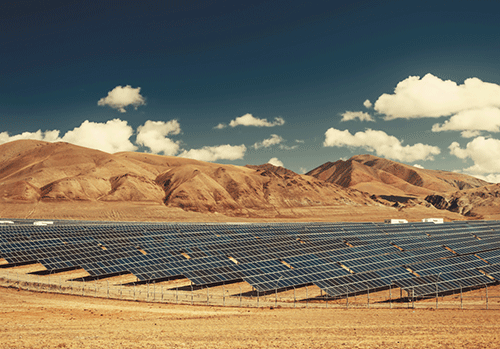Alpha Namibia Industries Renewable Energy Power (ANIREP) has researched, modelled and established a Namibian clean energy u-curve, showing that with a N$30 billion investment, the country could already be self-sufficient and could be exporting electricity to the region.
The u-curve shows that Namibia can develop 1.37 multiples of its current energy load via a total of 1 080MW of solar PV, 650MW of wind power and 600MW regulated energy storage system (RESS).
According to the research, Namibia could have achieved a surplus, affordable and clean energy at generation cost for sustainable industrialisation, decarbonisation of hard-to-abate sectors, such as mining, construction and transport while exporting the within the region via the Southern Africa Power Pool (SAPP).
This would, therefore, have curtailed all the importation of power.
These remarks were made by ANIREP managing director Iyaloo Nangolo on behalf of Hopsol Africa/Tulive Private Equity to join the venture as contractors of the recently inaugurated Omburu 20MW PV power station.
ANIREP was established to facilitate the investment of long-term capital in infrastructural renewable energy projects in Namibia and Sub-Sahara Africa with an initial focus on the renewable energy sector in generation, transmission and distribution.
Nangolo said the proposed exercise is highly bankable and is estimated to be able to attract more than the development cost of N$30 billion, which is a mere 8% of all investment capital in the domestic financial and capital markets.
“This cost represents about a quarter of Namibian gross domestic product (GDP), which can guarantee energy security, propel the economy and serve as a solid building block towards achieving Vision 2030 goals,” he explained.
He added Namibia takes the protection of the environment in its constitution seriously – and by focusing on green energy, he said, as industry players, they are following the mandate by reducing carbon emissions and ensuring future generations have a clean and beautiful country to inherit.
“We are blessed with an abundance of natural resources, and we must use them responsibly and sustainably. The sun is one of our greatest resources – and it is time for us to use it to uplift our nation’s masses by giving them access to sustainable and competitive prices of electricity through clean energy,” said Nangolo.
At present, only 57% of the country has access to electricity.
Nangolo believes the first NamPower fully-owned and operated renewable energy plant, the Omburu 20 MW PV power station, will have the capacity to power around 18 500 homes, which is equivalent to around three small towns in Namibia.



